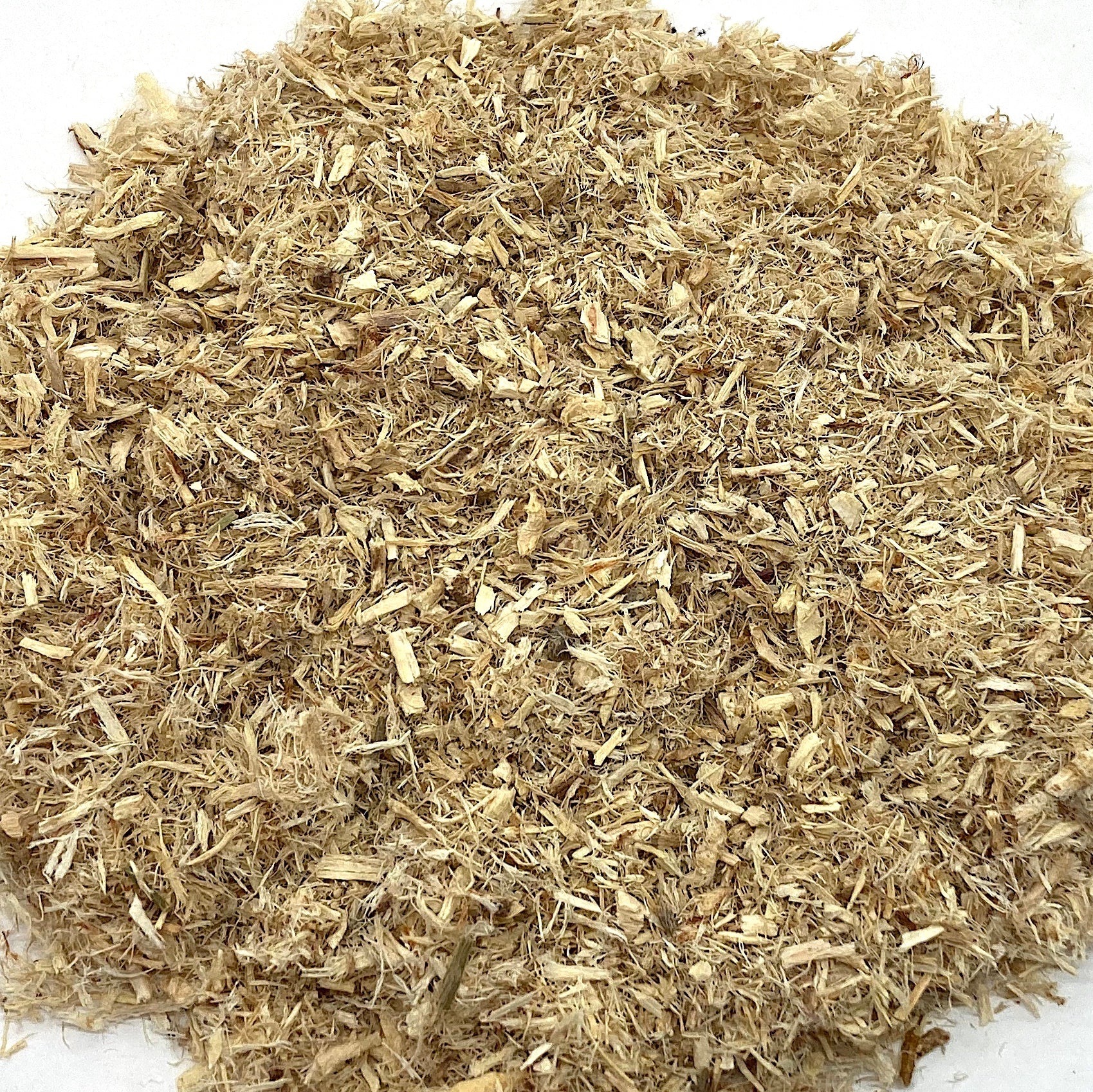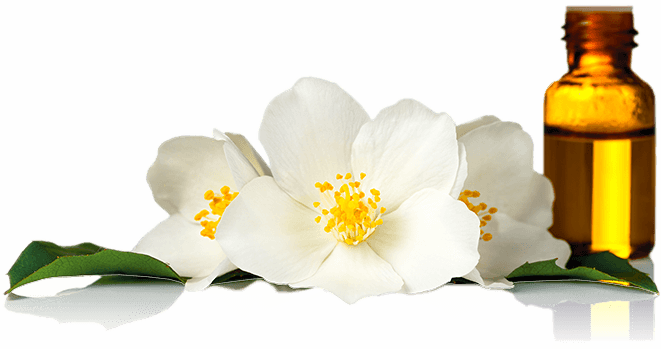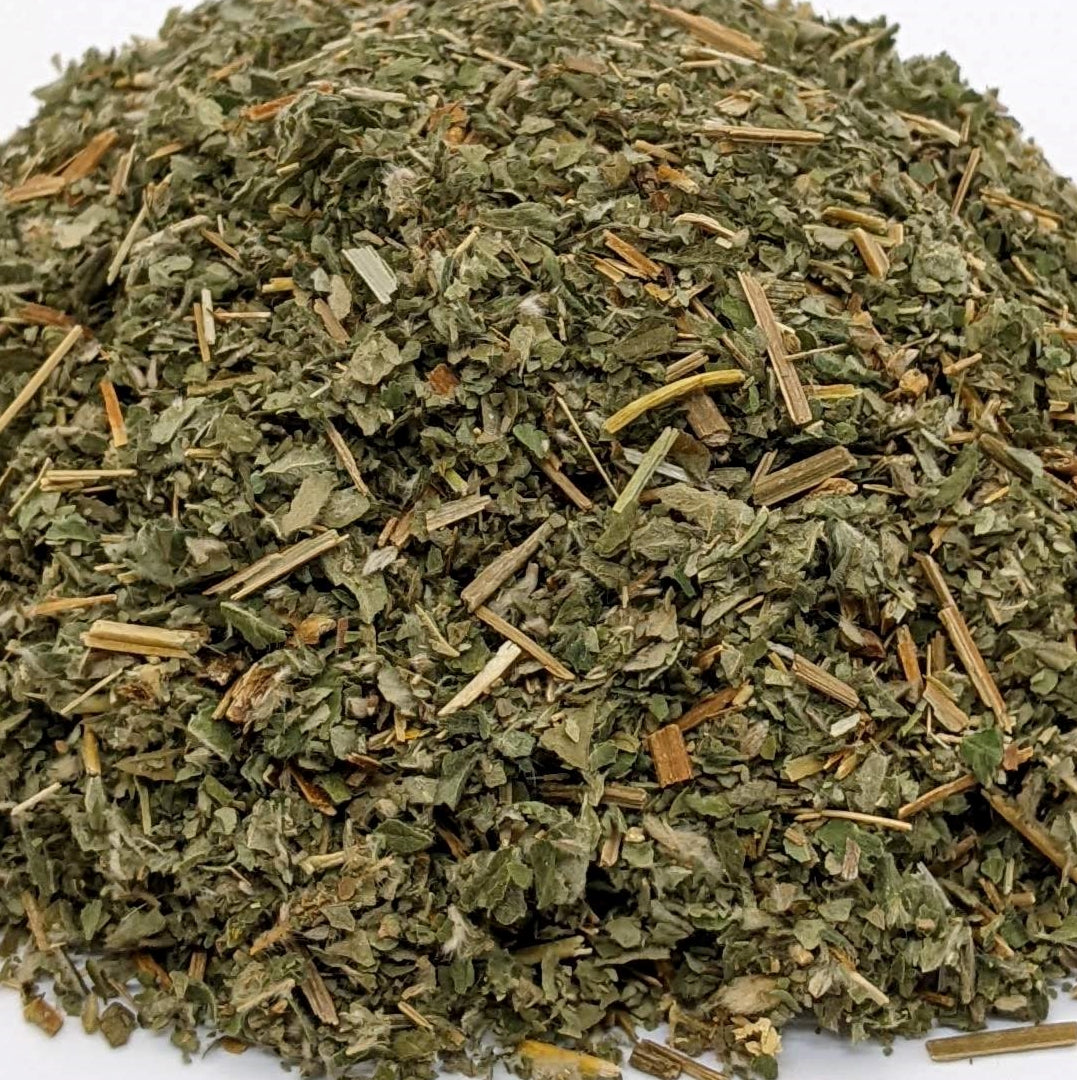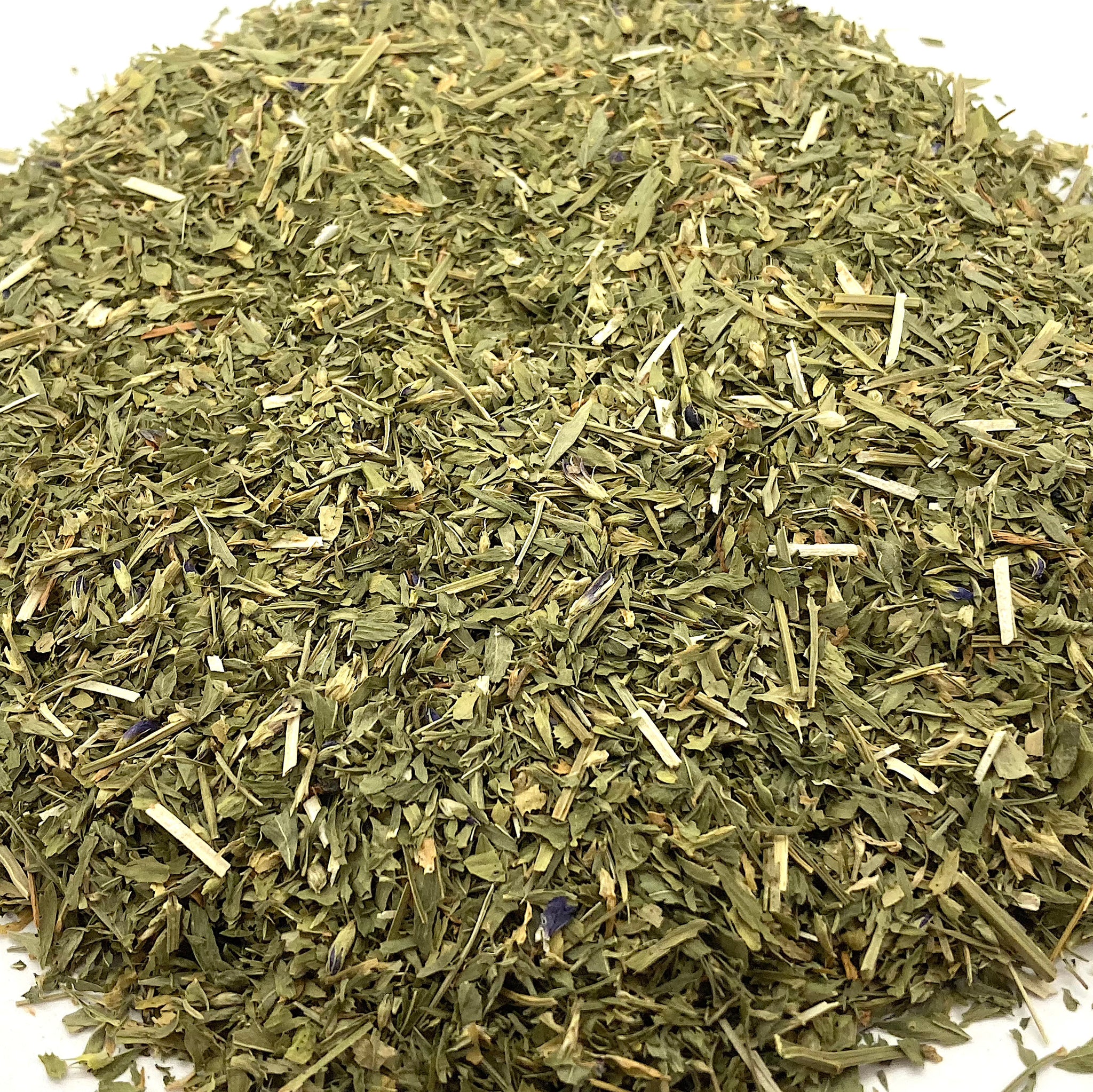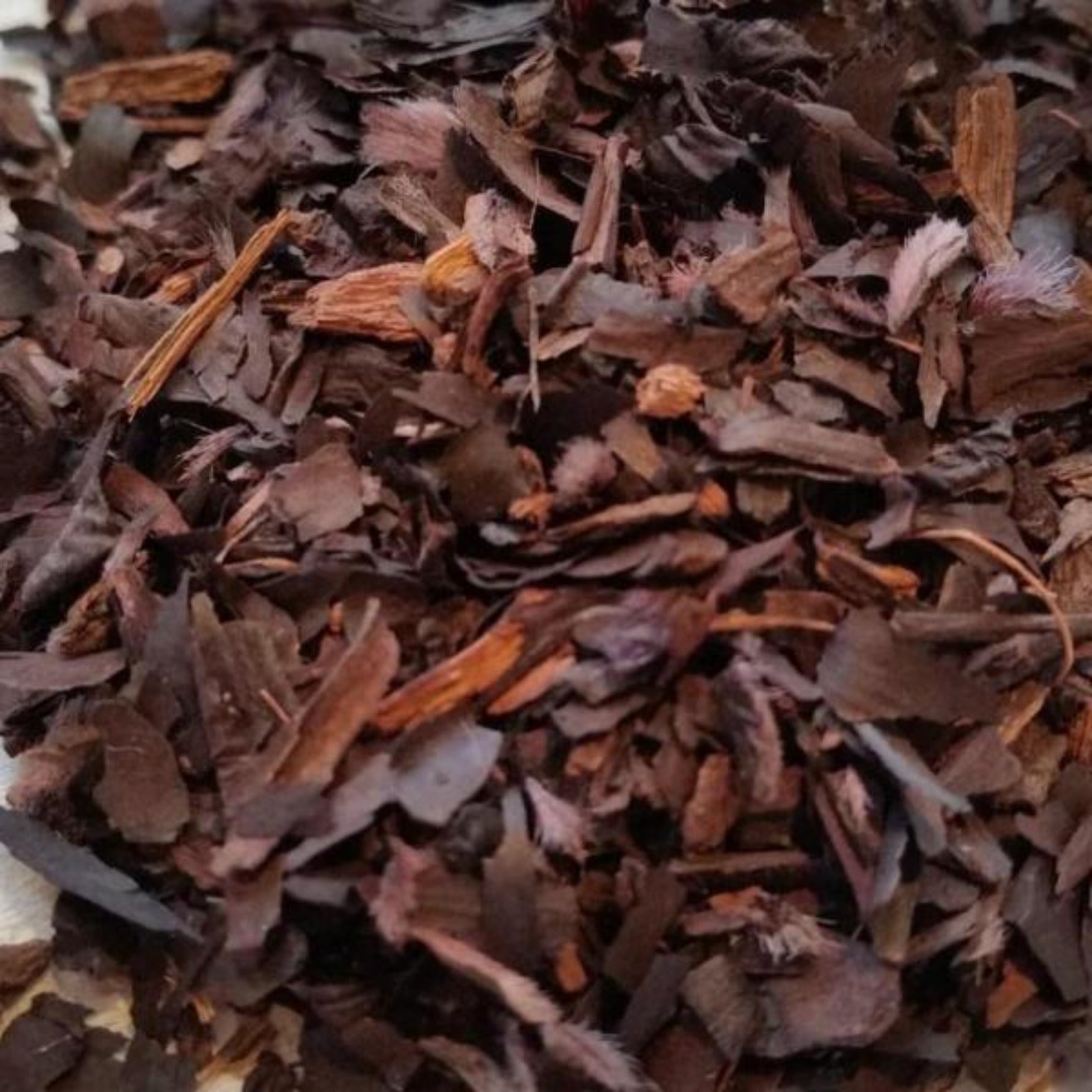Description
USA. Astragalus (Astragalus membranaceus) Root, Shredded, Certified Organic
Common names: Astragalus, Bei Qi, Huang Qi, Ogi, Hwanggi, Milk Vetch
Family: Fabacae (Legumes; Pea family)
Astragalus membranaceus is a shrub-like plan that generally grows 16 to 30 inches tall. While Astragalus is originally native to China, Mongolia, and Korea, it has been cultivated across the United States since being introduced in 1925. Astragalus grows naturally in grassy areas and on mountainsides, thriving in sandy, well-drained soil with full sun.
Herbalists assert that Astragalus Root boosts the immune system, slows tumor growth, helps relieve side effects from chemotherapy, preserves collagen, helps alleviate asthma symptoms, and can be used as an antiviral. Astragalus is a generally helpful tool in any herbalist’s cupboard, with a wide variety of uses. Typically it is used to treat diarrhea, fatigue, anorexia, upper respiratory infections, heart disease, hepatitis, fibromyalgia, and as an adjunctive therapy for cancer. This herb may be a great choice for helping prevent colds and flu in the colder fall and winter seasons.
*These statements have not been evaluated by the FDA. These products are not intended to diagnose, treat, cure or prevent any disease.

